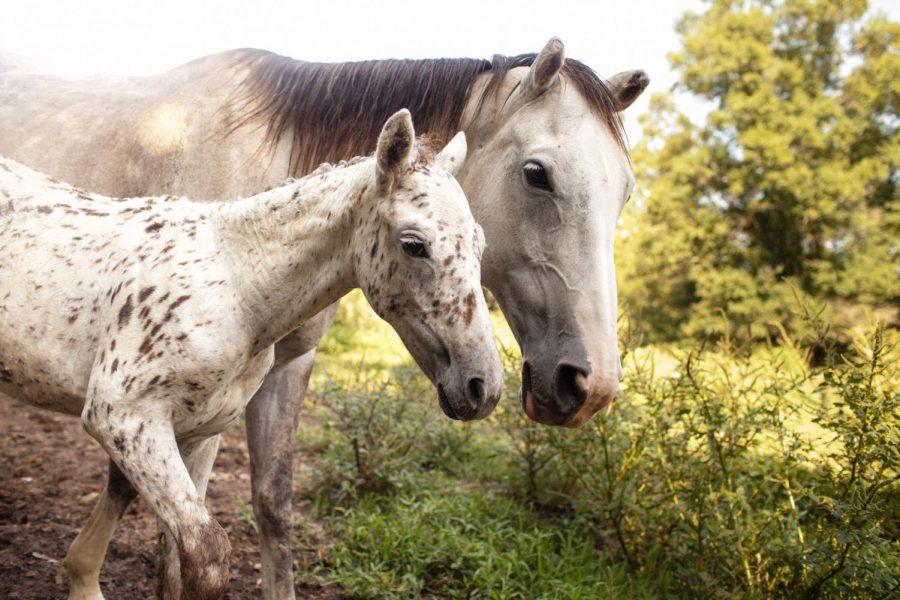Sanctuary’s grand opening creates connection to Native American culture
October 19, 2017
Students who are interested in celebrating diversity have the opportunity to do this with the opening of the Sacred Way Sanctuary’s Visitor’s Center Oct. 21.
Sacred Way Sanctuary is an education and research facility focusing on the preservation of the Native American horse, said Yvette Collin, founder of the sanctuary.
The sanctuary is at 4409 County Rd 200 in Florence and will open from 10 a.m.-5 p.m. It costs $5 to enter, and children three years or younger can enter free.
Collin said a traditional drum group, junior stickball team and a singer will perform at the ceremony of the Visitor’s Center.
“This will be the first time we will be open to the public, and we want to make sure that people are able to get a representation of the different parts of culture,” she said. “The drum group will be coming from the Mississippi Choctaw. They will be doing traditional drumming and singing. For those who want to go further into the sanctuary, they can buy a ticket to do this, and we can take them on a walking tour.”
The Visitor’s Center allows people a chance to interact more with Native American culture, Collin said.
“We have a trading post, which would be like a native gift shop,” she said. “So, we have nothing from China. Everything we sell is made by native people. We try to have representation from that, and we have opportunities for people to ask questions to learn about what these items are.”
Sophomore Ambriea McDaniel said she is interested in learning more about the history of Native Americans.
“I think it’s amazing that we can have this opportunity to experience this culture,” she said. “I would love to see how a traditional ceremony goes.”
The sanctuary will have a dance arbor where they will perform traditional ceremonies, and there will also be an interpretive center, Collin said.
“An interpretive center is kind of a newer twist to a museum,” she said. “You’re telling a story using the items available. With ours, we are telling the history of the horse from a different perspective. With a limited space and a limited amount of time, I hoped to shift our visitor’s perspective just a little bit. Here’s a story you think you know. Do you know it? Let’s figure it out.”
Collins said they are dedicated to discovering more information on the indigenous horse and sharing this information with the public.
“History says they don’t exist,” she said. “About 90% of what has been written about Native American history was written by someone who was not native. So, when people learn about how horses came to be in America, they are told that Europeans brought them over, but this is not true.”
Collin said along with their research, the sanctuary is also in the process of planning events for the summer.
“Right now, we are designing language immersion camps in the summer,” she said. “My plan is to have that for Cherokee language and Choctaw because those are the cultures from this area. So, people with that heritage can learn something in that language even if it’s just ‘hello.’”


